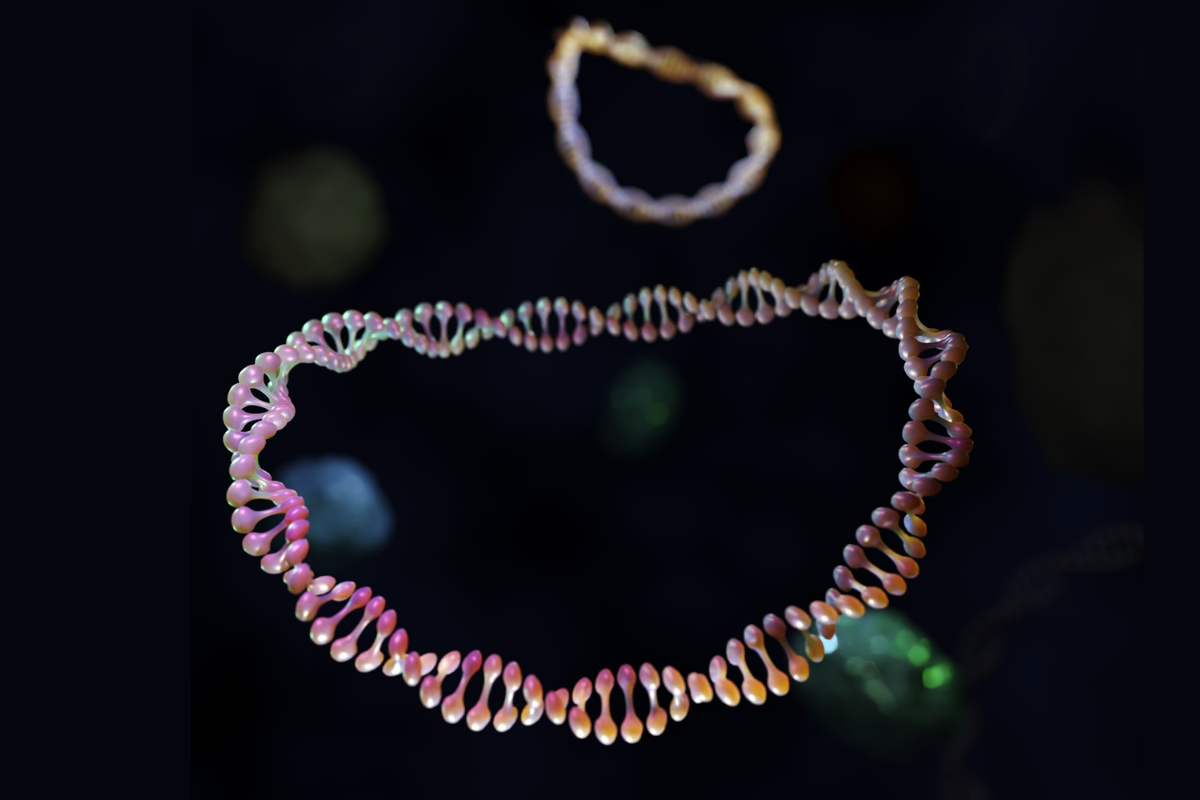True to its mission to accelerate research through the advancement of protein science, the Institute for Protein Innovation (IPI) today released its first plasmids. The move hands researchers the reins to generate antibodies and other protein tools, circumventing the high cost of repeatedly purchasing commercial antibodies or the plasmids that encode them.
One set of IPI plasmids allows researchers to create their own iterations of several routine epitope tag antibodies. In addition, an IPI-made universal plasmid scaffold empowers protein scientists to express any other antibody or protein.
“IPI has a huge commitment to supporting researchers in the right way with what they need,” said IPI director of commercialization Mike Walden. “We are not a plasmid company, but we recognize that providing plasmids can really add value. This gives researchers multiple options to run their science the way they want to.”
In May 2024, IPI and its partner, Addgene, released a collection of antibodies targeting common epitope tags — short amino acid sequences fused to a protein’s N- or C-terminus. Scientists can use antibodies that specifically and reproducibly recognize these tags to purify, detect or localize a protein, zero in on its function and probe its hundreds of thousands of potential interactions.
Companies sell such antibodies, but the costs can be prohibitively high, with some epitope tag antibodies ringing in at more than $500 per 100 micrograms. Realizing the importance of this tagging function in bioscience research at large, IPI sought a way to decrease expenses for researchers and offer an alternative.
The first step was to generate a plasmid scaffold in-house. To circumvent proprietary barriers and cumbersome licensing agreements, IPI turned to a plasmid existing in the public domain, for which the patent had expired. This “empty” vector backbone consists solely of plasmid DNA, but contains all the necessary elements to do efficient transient expression of the antibody in mammalian cells.
This scaffold — dubbed pTipi2.1, for plasmid transient expression at IPI — is now offered to researchers through Addgene. With its liberal licensing policy, IPI encourages researchers to use and apply the plasmid however they wish, within reasonable constraints.
“We made it because we needed to, and the community gets the benefit from us having done that work,” Walden said.
The team then inserted the sequences of nine epitope tag antibodies into the plasmid scaffold — namely, for anti-Biotin, anti-EE, anti-GCN4, anti-Strep, anti-DYKDDDDK, anti-V5, anti-ProC, anti-His and anti-Rho. Through Addgene, researchers can order two plasmids, one carrying the heavy chain and the other denoting the light chain of the desired antibody. Scientists can then transfect the two constructs into Chinese hamster ovary (CHO) or human embryonic kidney (HEK) cells, essentially building efficient epitope tag antibody factories.
“We are enabling scientists who cannot afford the high cost of protein tools to make recombinant proteins in mammalian cells without requiring a commercial license,” said Rob Meijers, head of the Neurobiology Program at IPI. “Surprisingly, there is nothing like this out there in the pre-pharmaceutical space.”
Sources:
Mike Walden, mike.walden@proteininnovation.org
Rob Meijers, rob.meijers@proteininnovation.org
Writer: Caitlin Faulds, caitlin.faulds@proteininnovation.org
About IPI
The Institute for Protein Innovation is pioneering a new approach to scientific discovery and collaboration. As a nonprofit research institute, we provide the biomedical research community with synthetic antibodies and deep protein expertise, empowering scientists to explore fundamental biological processes and pinpoint new targets for therapeutic development. Our mission is to advance protein science to accelerate research and improve human health. For more information, visit proteininnovation.org or follow us on social media, @ipiproteins.


